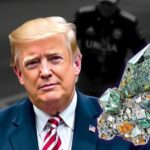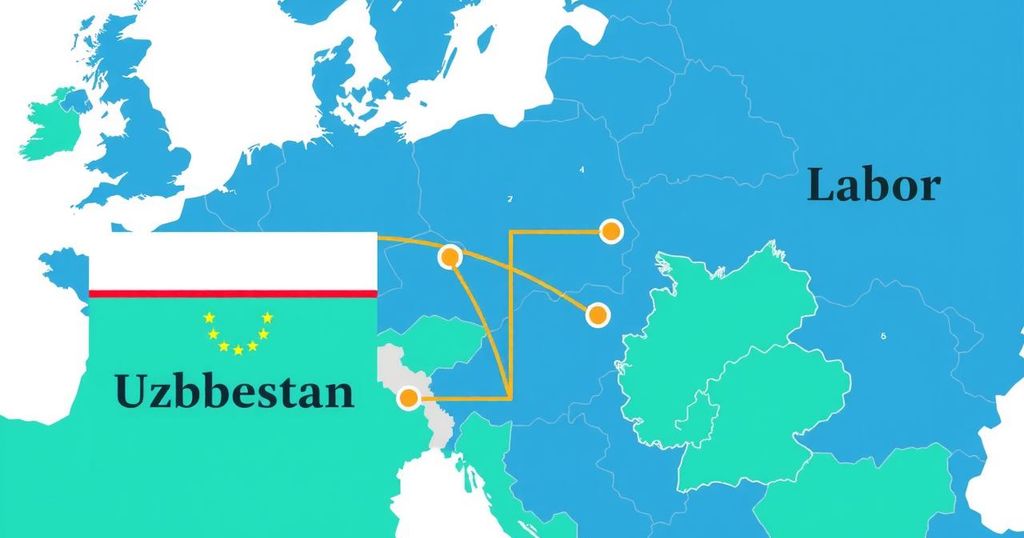Trump Challenges China: An Economic Standoff
President Trump’s aggressive tariff strategy against China represents a significant escalation in international economic conflict, reflecting his penchant for bold decision-making. His refusal to negotiate further suggests a firm stance that may redefine U.S.-China relations and economic interactions moving forward.
President Trump has intensified the ongoing international conflict with China, a situation that could greatly impact his presidential legacy. His announcement of a potential 50 percent tariff—additional to the previously stated 34 percent—places significant economic pressure on China and signals a bold, aggressive strategy. This move reflects a commitment to a confrontational stance, as he appears unwilling to engage in further negotiations with Beijing.
Trump’s approach throughout his career has showcased a tendency to utilize the most formidable tools at his disposal during confrontations. As the leader of the United States, he is now exercising economic leverage in this non-military confrontation, which could have substantial ramifications for both nations and their economies. His willingness to escalate pressures China to reconsider its retaliatory measures or face potentially dramatic economic consequences.
In summary, President Trump’s current strategy against China marks a pivotal moment in his administration. His readiness to impose steep tariffs indicates both a commitment to maintaining a strong negotiating position and a willingness to accept potential risks associated with economic fallout. This tactic, while characteristic of his confrontational style, raises critical questions regarding the future dynamics between the United States and China.
Original Source: www.thetimes.com








Post Comment